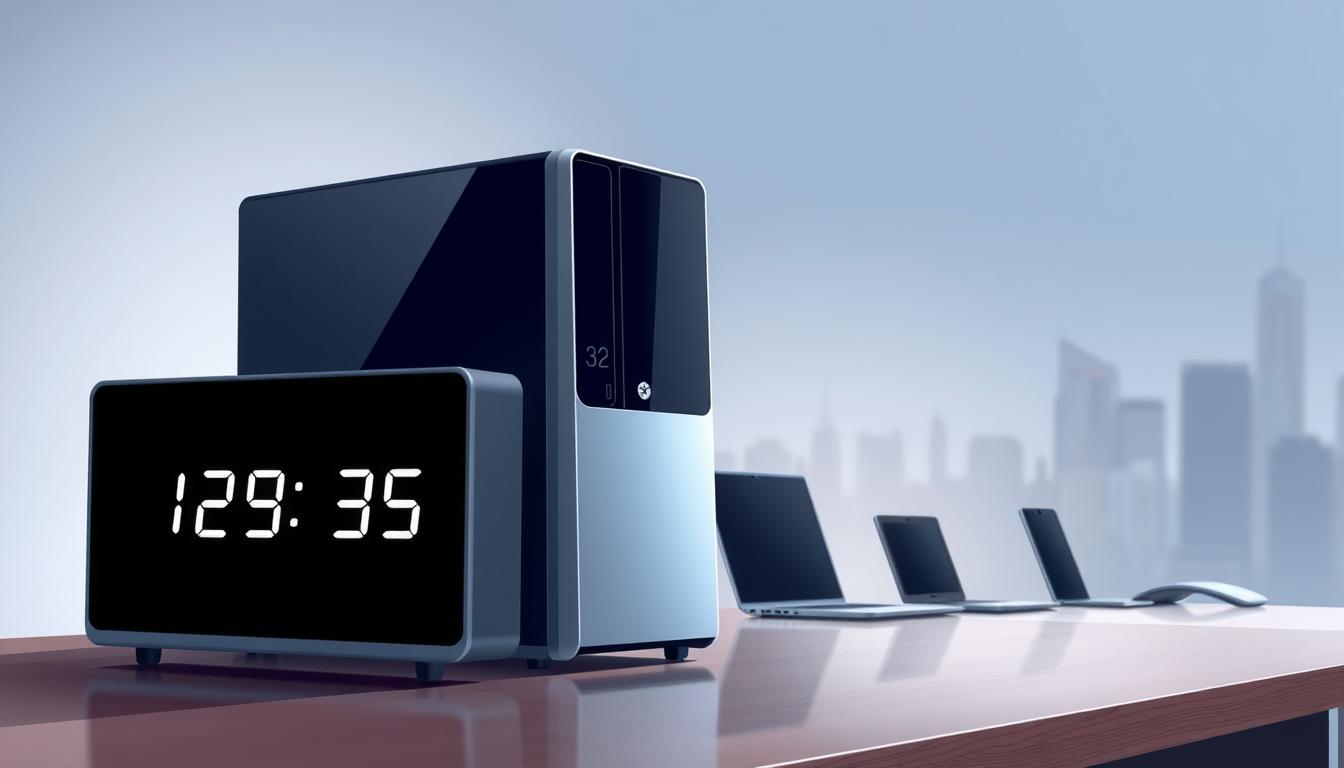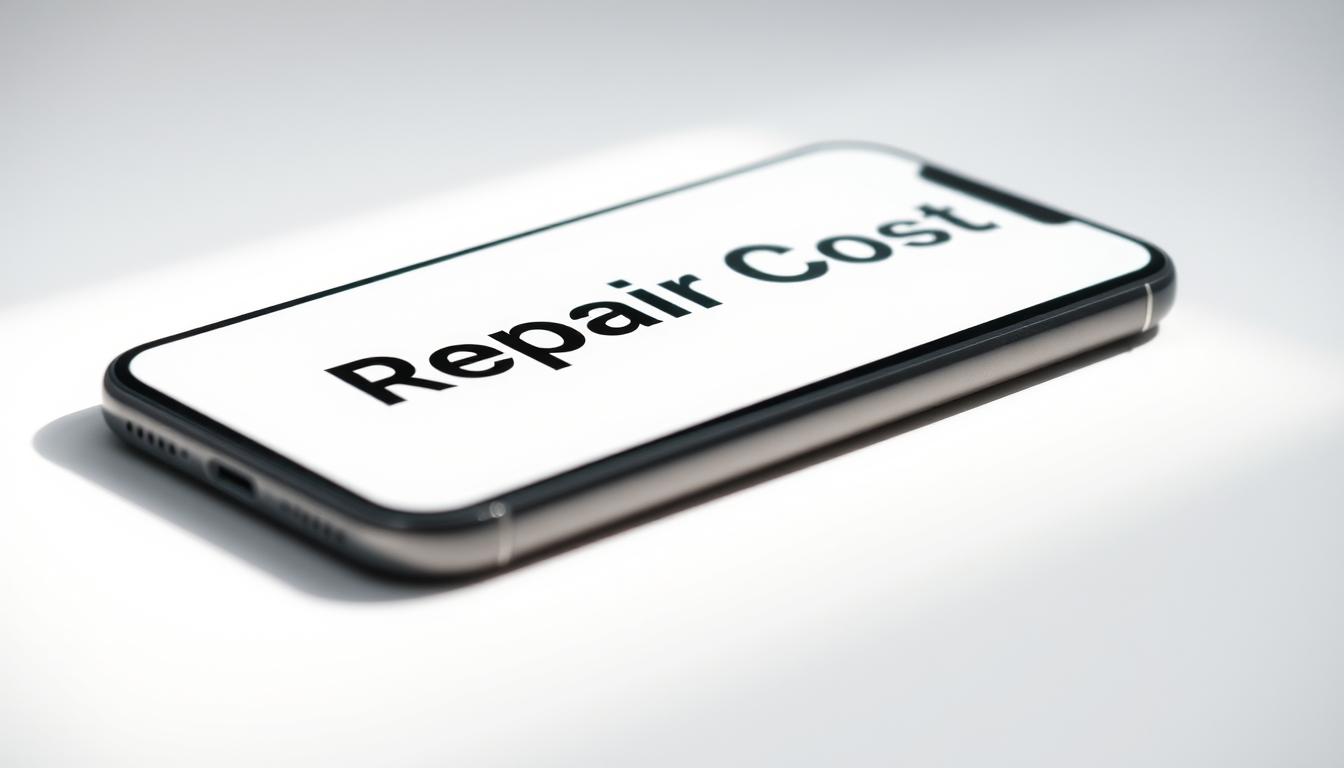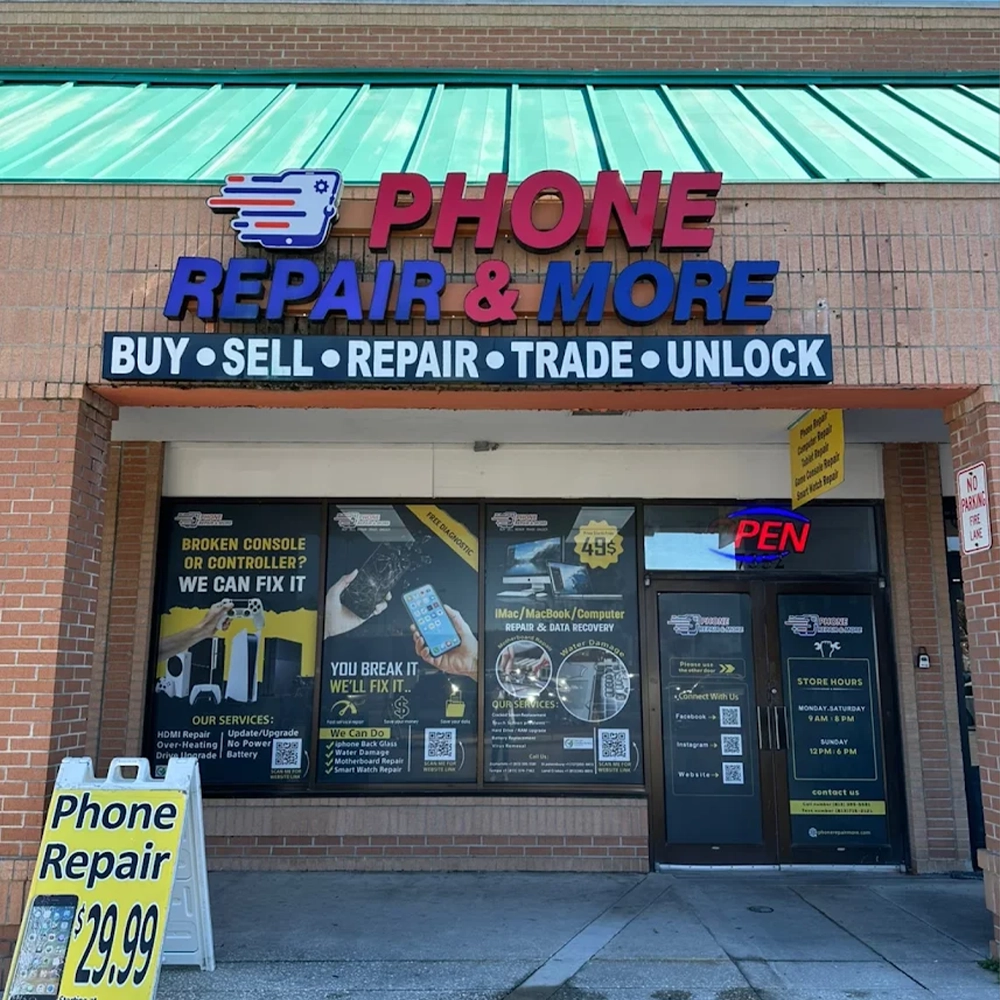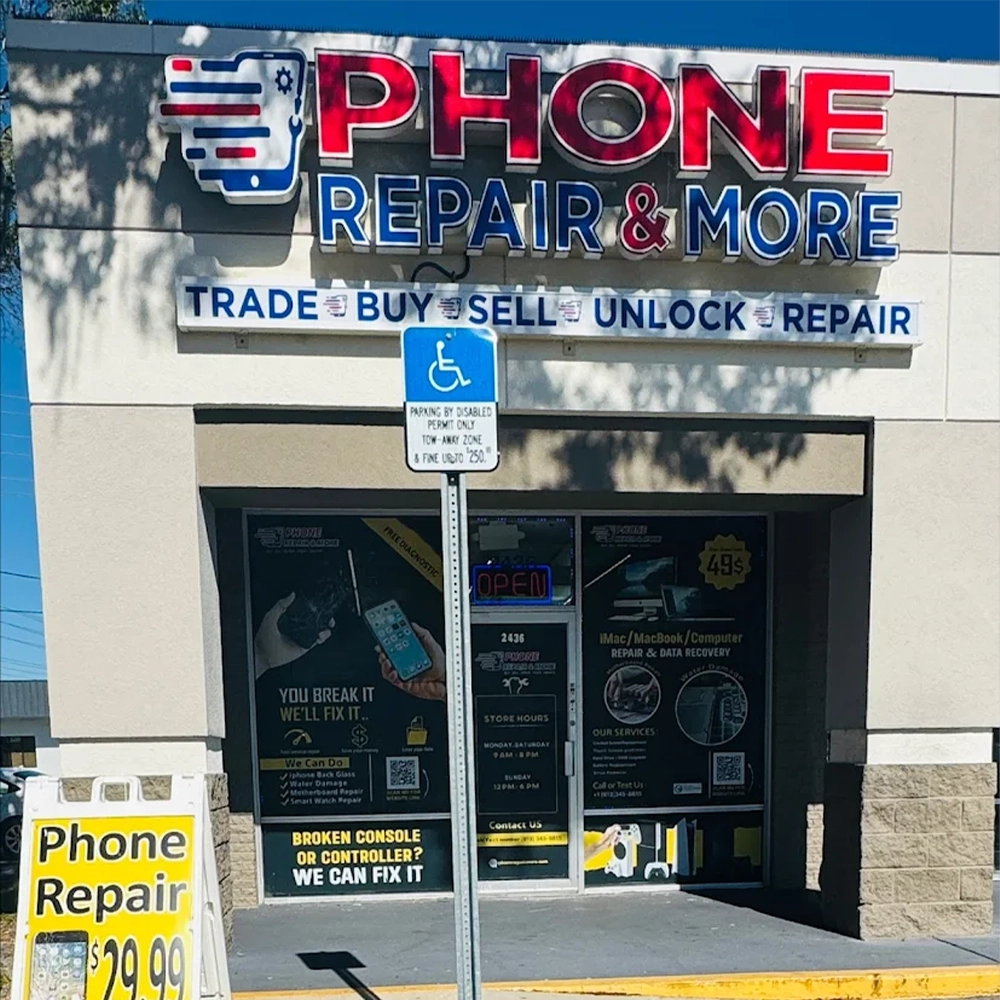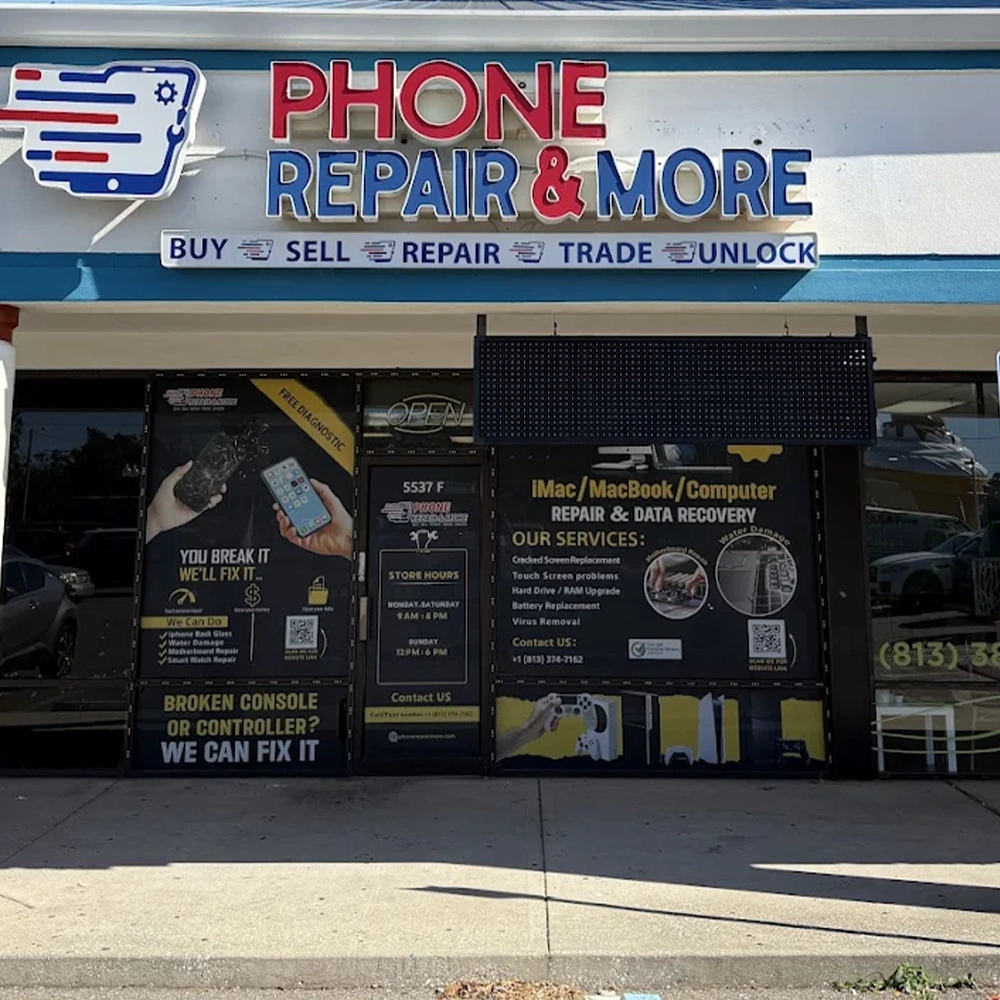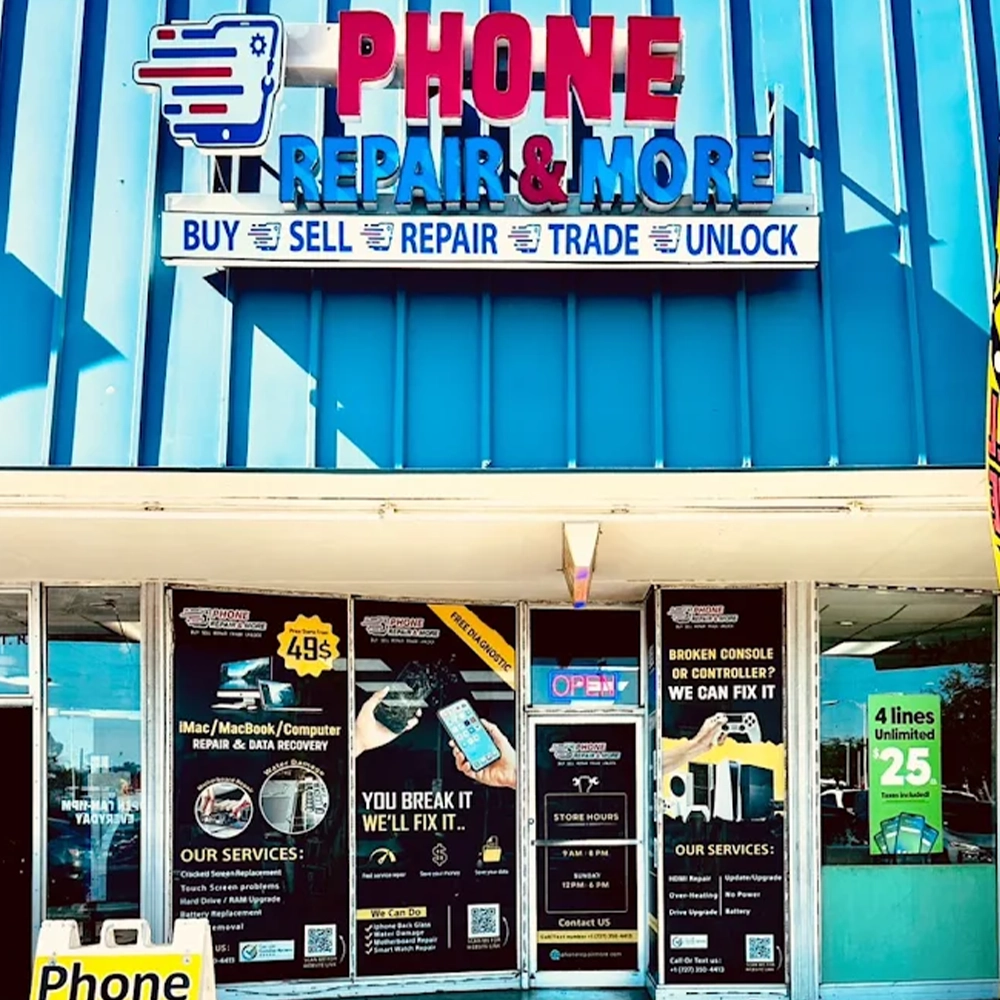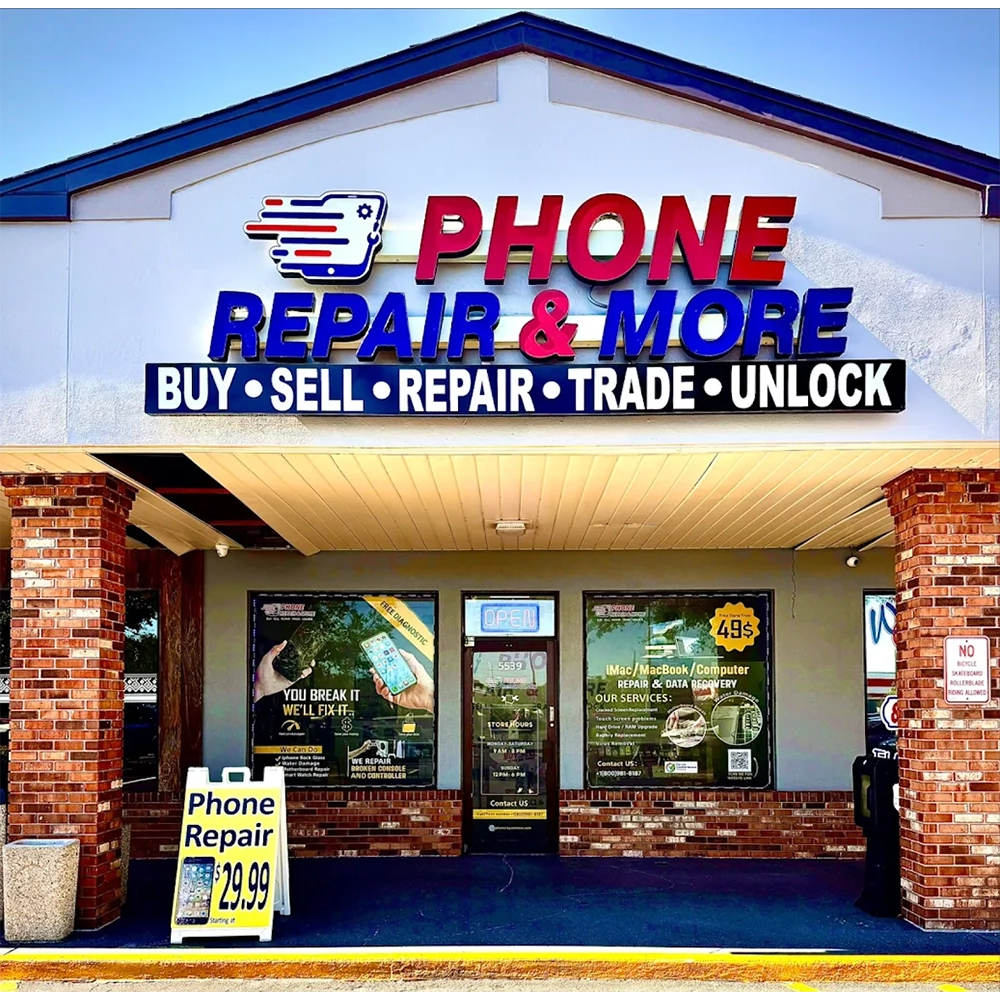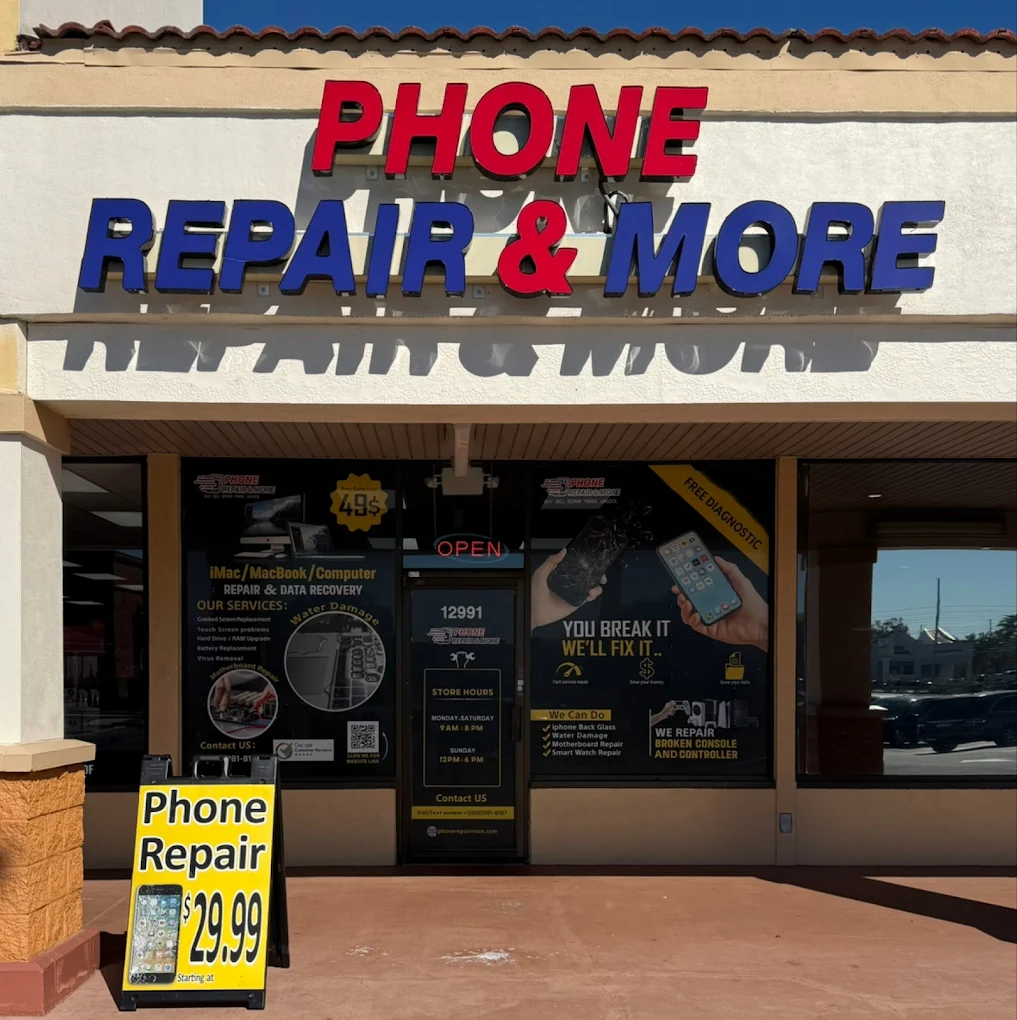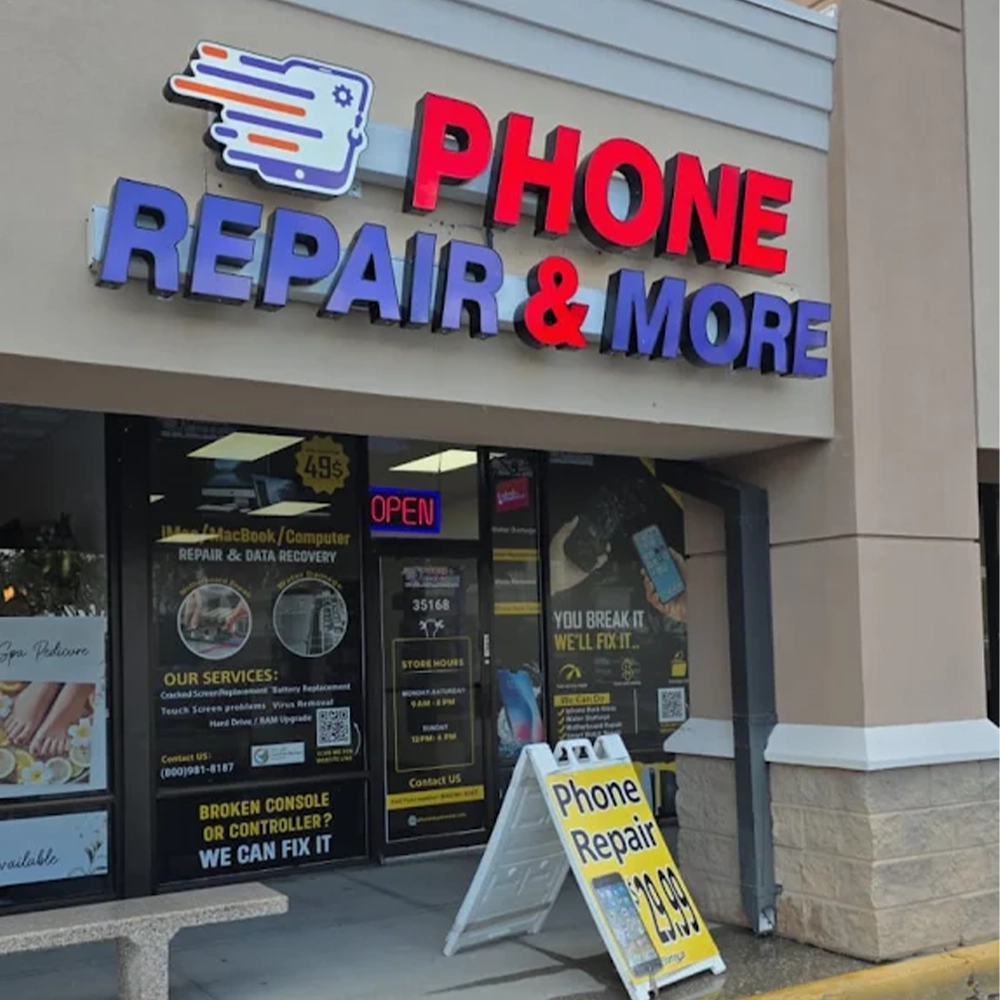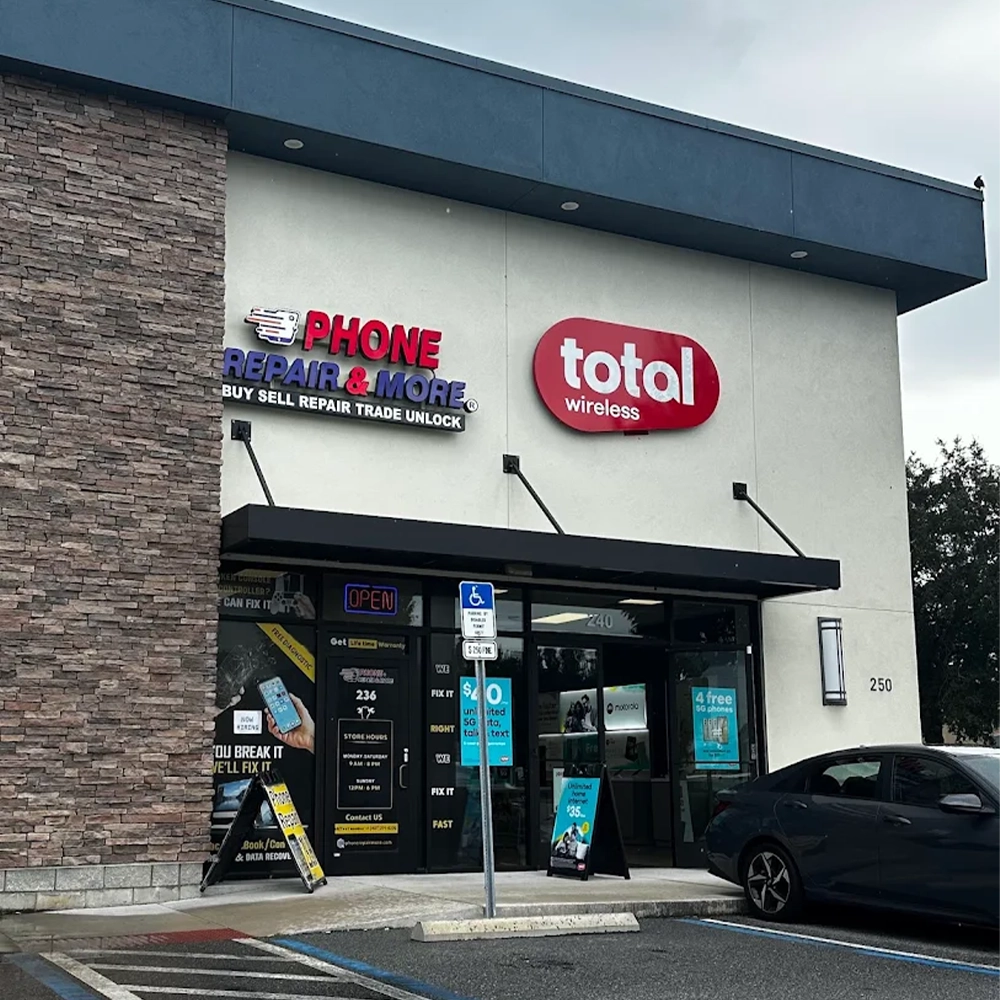Ever thought your PC might not last long? Knowing how long a PC lasts can help you make better tech choices. PCs usually last from three to eight years. But what really affects this time frame?
Things like the PC's quality and how much you use it matter a lot. In this article, we'll dive into the average PC lifespan and what can change it. This will help you decide if it's time to get a new one or not.
Key Takeaways
- The average lifespan of a desktop PC can range from five to eight years, while laptops typically last about three to five years.
- Higher quality hardware generally leads to a longer PC lifespan, particularlly for high-end laptops which can last up to ten years.
- Maintenance practices, like regular cleaning and updates, play a crucial role in extending the life of your PC.
- Performance issues can indicate it's time for an upgrade or replacement; slower operation may suggest hardware limitations.
- Dust and debris accumulation can significantly shorten the lifespan of a computer, emphasizing the need for routine care.
Factors Influencing PC Longevity
Knowing what affects a PC's lifespan is key for those who want to get the most out of their computer. Several important factors determine how long a computer works well. By understanding these, users can extend their PC's life a lot.
Hardware Quality
Hardware quality is a big deal for a PC's lifespan. PCs with top-notch parts, like solid-state drives and fast processors, last longer and work better. On the other hand, PCs with cheap parts wear out faster, hurting their performance.
Usage Patterns
How you use your PC also matters a lot. PCs used for heavy tasks, like graphic design or gaming, get worn out quicker. PCs used mainly for simple tasks, like browsing the web, last longer. Knowing how you use your PC helps you make better choices.
Maintenance Practices
Keeping your PC clean and well-maintained is crucial for its longevity. Dust can cause overheating, which hurts performance and shortens a PC's life. Cleaning out dust and ensuring good airflow can help your PC last longer than expected.
Typical Lifespan of Different PC Types
The lifespan of various PC types greatly affects computer durability and user experience. Knowing these differences helps users make better choices for their devices.
Desktops
Desktops usually last longer than portable PCs, with an average of 5 to 8 years. Their customizable design allows for upgrades, extending their life. Gaming and graphic design desktops, though, may only last 2 to 3 years due to heavy use and heat. Keeping them well-maintained is key to their long-term reliability.
Laptops
Laptops typically last 3 to 5 years, mainly because of their portability and heat issues. Battery wear and physical damage from carrying them often shorten their life. Yet, laptops for basic tasks like browsing can last over 5 years with proper care. Extreme temperatures or humidity can harm a laptop's lifespan.
All-in-One PCs
All-in-One PCs usually last 3 to 6 years. Their compact design makes upgrades and repairs tricky. Like laptops, they face challenges from heat and storage, impacting their durability. Regular cleaning and upkeep can help them last longer.
| PC Type | Average Lifespan | Factors Affecting Lifespan |
|---|---|---|
| Desktops | 5-8 years | Upgradable parts, maintenance |
| Laptops | 3-5 years | Portability, battery health |
| All-in-One PCs | 3-6 years | Integrated design, limited upgrades |
For those worried about their devices' longevity, regular maintenance and knowing how you use them can make a big difference. If issues come up, looking into repair services or upgrading might solve problems.
Signs That Your PC Is Aging
Knowing when your PC is getting old is key to keeping it running well. Spotting early signs helps you figure out if you need to fix or upgrade it. Common signs include slow performance, hardware problems, and trouble with new software.
Performance Issues
Many users see their PCs slow down over time. This can make starting up and opening apps take longer. Trying to do many things at once can also get tough as older parts struggle to keep up.
As things get worse, even simple tasks can feel slow. About 70% of people notice big slowdowns when the CPU is over 80% used. This shows why keeping an eye on your PC's performance is important.
Hardware Malfunctions
Strange noises from your PC can mean something's wrong. If fans are too loud or the system gets too hot, it might be a cooling problem or worn-out parts. Also, PCs over 5 years old often crash or freeze a lot.
Incompatibility with Software
As tech advances, older PCs can't keep up. If your PC can't run new operating systems or updates, it's time to think about upgrading or replacing it. This can help keep your PC running smoothly. For more on this, check out this resource.
Upgrading vs. Replacing Your PC
Deciding whether to upgrade or replace your PC can be tough. You might think about your device's condition and if upgrades can help. Knowing when to upgrade, the pros and cons of replacing, and your budget are key.
When to Consider Upgrading
Upgrading parts like RAM or switching to an SSD can boost your PC's speed. If your PC is less than 8 years old, these upgrades can make a big difference. They can make your PC run smoother, even when you're using many apps at once.
Pros and Cons of Replacement
Replacing your PC means better performance and reliability, but it costs more upfront. Think about the benefits of new tech versus the cost of keeping your old PC. If repairs get too expensive, it might be smarter to get a new one.
Older PCs often break down, leading to 56.7% of users choosing to replace them.
Budget Considerations
Money matters a lot when deciding. Compare the cost of repairs, upgrades, and new tech. If upgrades are almost as expensive as a new PC, it might be better to replace it.

The Role of Software in PC Lifespan
Software is key to how long a personal computer lasts. A good plan for managing software can make a computer last longer. This includes keeping the operating system updated, making sure apps work well together, and protecting against malware.
Operating System Updates
It's important to keep the operating system current. Updates fix bugs and make the system run better. If you don't update, your computer might get hacked, causing big problems.
Application Compatibility
As new software comes out, it might not work with older systems. This makes it hard to use new apps or updates. Choosing software that fits your computer's abilities can help it last longer.
Malware Vulnerability
Old systems are more at risk for malware, which can crash your computer and lose your data. Keeping your software up to date helps protect against these threats. This shows that keeping your computer safe is all about the software.
Knowing how software affects your computer's life helps you take better care of it. Regular updates and checks can prevent many problems. For more tips on keeping your computer running well, check out this resource.
Importance of Regular Maintenance
Regular maintenance is key to keeping a PC running well for longer. It helps avoid many problems. By following good maintenance habits, you can fix current issues and stop new ones from happening.
Cleaning Dust and Debris
It's important to keep your computer's inside clean. Dust and dirt can make it overheat, which hurts its performance and can damage parts. Cleaning your PC often keeps everything working smoothly, preventing crashes and costly fixes.
Updating Drivers
Keeping drivers updated is essential for using the latest software without trouble. Old drivers can slow things down and make your PC more vulnerable. Keeping drivers current helps your system run better and keeps it safe.
Managing Storage Space
Managing your storage space well is important to avoid slowdowns. Get rid of files and apps you don't need. Checking your storage regularly helps your computer run faster and more reliably.

Resources for PC Care
Using different resources for PC care can really help extend your computer's life. These resources help share knowledge and support. This makes taking care of your PC and fixing problems easier.
Online Communities and Forums
Places like Reddit and tech forums are great for online communities for PC help. Here, people share their experiences, ask questions, and find answers. It's a place where you can get help fast and learn a lot.
Being part of these groups helps you understand how to keep your PC in top shape. You'll learn about maintenance and troubleshooting.
Professional Repair Shops
For tough problems, it's best to go to professional repair shops. These experts provide top-notch repair and maintenance services. They offer custom solutions for your specific issues.
Regular visits to these shops can make your PC last longer. They help fix problems before they get worse.
Tech Websites and Guides
Websites like PCMag and CNET are full of PC care resources. They have articles, reviews, and guides on how to keep your PC running well. You can learn about updating drivers and cleaning your hardware.
These guides can really help your PC last longer and work better. You can also find out how long repairs take by visiting this helpful page.
| Resource Type | Benefits | Recommended Actions |
|---|---|---|
| Online Communities | Shared knowledge and troubleshooting | Participate in discussions and ask questions |
| Professional Repair Shops | Specialized support and quality repairs | Schedule regular maintenance and repairs |
| Tech Websites | Access to valuable guides and articles | Stay updated with the latest maintenance practices |
Why Choose Phone Repair & More
In today's world, having a reliable tech partner is key. Phone Repair & More is a top choice for PC repair. Their skilled team ensures your devices work perfectly.
They handle everything from hardware problems to software issues. This makes them a go-to for tech troubles.
Expertise in PC Repair
Phone Repair & More focuses on keeping your computer running long. Their techs use tools like HD Tune and CrystalDiskInfo. These tools check your hard drive and RAM health.
This not only finds current problems but also prevents future ones. It keeps your equipment running smoothly.
Customer Service and Support
Good customer service is crucial in tech, and Phone Repair & More excels. They aim to make every service experience smooth and satisfying. They answer your questions and keep you updated during repairs.
This approach builds trust and reliability. It shows they value your satisfaction.
Additional Tech Services Offered
Phone Repair & More offers more than just PC repair. They also do data recovery and device upgrades. This wide range of services means you can find help for many tech needs.
They have clear prices and are ready to help. For more information, visit Phone Repair & More.
FAQ
How long does a PC usually last?
PCs can last from 3 to 8 years. This depends on how much you use it, the quality of the hardware, and how well you take care of it.
What factors influence PC longevity?
Several things affect how long a PC lasts. These include the quality of the hardware, how you use it, and how well you maintain it.
What is the average lifespan of desktops and laptops?
Desktops usually last 5 to 8 years. Laptops typically last 3 to 5 years. But, high-performance laptops can last up to 7 years with good care.
How can I tell if my PC is aging?
If your PC is getting old, you might notice it's slower. It could also make noise or not work with new software.
Should I upgrade or replace my PC?
Upgrade if your PC still works well. But, if fixing it costs more than half of a new one, it might be cheaper to get a new one.
How do software updates impact PC lifespan?
Keeping your operating system up to date is key. It keeps your PC running smoothly and securely. Old systems can't run new apps and are more at risk for viruses.
What maintenance practices help extend a PC's life?
To make your PC last longer, clean it regularly. Update your drivers and don't keep too many files.
Where can I find resources for PC care?
For PC care tips, check online forums and tech websites. You can also visit professional repair shops for advice.
Why should I choose Phone Repair & More for PC services?
Phone Repair & More offers top-notch PC repair. They have great customer service and also do data recovery and upgrades.

